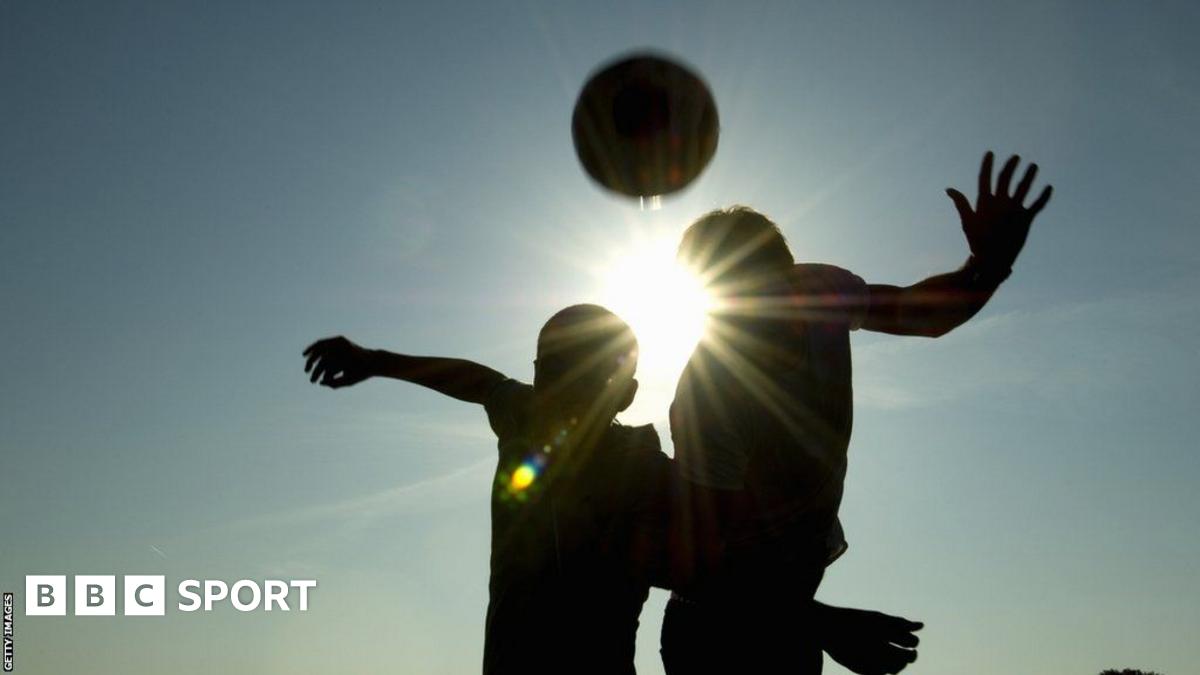
Two former Premier League players – Gary Pallister and Steve Howey – have told BBC Sport of their health fears after years of heading footballs.
Howey, who is one of the claimants in the legal action, said he has undergone scans which have shown cognitive decline.
Leading campaigner Judith Gates, of Head Safe Football, has written to Culture Secretary Lisa Nandy to ask that heading the ball is declared a national health issue in order to safeguard players in the future.
Gates’ husband Bill, a former Middlesbrough defender, died last year aged 79 as a result of Chronic Traumatic Encephalopathy (CTE). She founded the Head Safe Football charity to increase awareness of the danger of head impacts and signs of head injury.
The new study was funded by the Football Association, the Professional Footballers’ Association, the Medical Research Council and the United States’ National Institutes of Health.
Published in medical journal Jama Network Open, it looked at the electronic health records of 11,984 former professional footballers and 35,952 matched individuals from the general population in Scotland.
Researchers compared key dementia risk factors across the two groups, including a history of smoking, depression, alcohol-related disorders, diabetes, hypertension, hearing loss and obesity.
Overall, the study team found that the rates of these risk factors were similar – or lower – among former players.
Former professionals were at lower risk of alcohol-related disorders, smoking, diabetes, and obesity. The research found they were at similar risk of hearing loss, depression, and hypertension, compared with the general population.
Stewart told BBC Sport the report “really moves the conversation on quite a bit”.
He said: “What we’re seeing is that these footballers are generally healthy men with good lifestyles.
“Their blood pressure is good, their weight is good, they’re not smoking, they’re not drinking, but they’ve got a real problem with dementia, which is still there, and that we say is related to the head injuries, the head impacts in sport. That’s the problem that we’re dealing with here.”
The FA said: “We continue to invest in and support multiple projects in order to gain a greater understanding of this area through objective, robust and thorough research.
“We have already taken many proactive steps to review and address potential risk factors which may be associated with playing football whilst ongoing research continues.”
The Professional Footballers’ Association, the trade union for professional footballers in England and Wales, has a dedicated brain health team to support former members concerned about brain health and educating current players on brain health in football.
In September 2023 it launched the Football Brain Health Fund, making available an initial £1m to assist former players and their families who have been impacted by dementia and other neurodegenerative conditions.



